
What Comes Next: Life Beyond Pandemic
Bill McKibben, Noam Chomsky, Ai-jen Poo, and More on What to Make of the Future
On an afternoon in early May, New York City’s Fifth Avenue was as bright, open, and empty as an airport runway, lined with luxury stores that stood vacant behind glass windows. The New York Public Library was shuttered; Times Square’s giant screens played to the few people drifting around the sidewalks; you could hear the wind, at the center of one of the most populated cities on earth.
One way to tell the story of the coronavirus pandemic is to mark everything that is gone, including a daily routine, in-person community, and a sense of normalcy. The crisis has also highlighted what was, in the US at least, never there at all: adequate health care, an effective social safety net, and institutional support for our most essential workers. There has been no public mourning for the nearly 100,000 Americans who have died; our president will barely mention them. In many ways, these absences, and the end of everyday ordinariness, define our daily lives.
They describe a society that is clear-eyed about the disparities that have made this pandemic so much worse for some communities than for others.
But another story is emerging, too, as writers, activists, organizers, farmers, and others make plans for moving forward, pointing out that our current crisis is a time to deconstruct and rework the systems that led us to this point. We asked some of them to outline their vision of the future, and their responses form a clear road map for the months and years ahead. They describe a society that is clear-eyed about the disparities that have made this pandemic so much worse for some communities than for others. They call on us to sustain each other through mutual aid, understanding that our lives are all woven together in ways that may not always have been visible until now. They outline the necessity of protecting democracy, resisting authoritarianism, and paying attention to one another, filling in the spaces left by loss.
In her essay, Elizabeth Catte quotes Tony Sizemore, who spoke with the Washington Post after his partner died of COVID-19: “I’d like to find a way to sugarcoat this thing, too, but I can’t. Anything good I could say about this would be a lie.”
She wrote, “I hear Tony Sizemore in my head but I might as well be hearing every person who had a hand in raising me. Anything good I could say about this would be a lie. My people would add: Just do the work. What is the work? To survive, and help others survive.”
Click through to read some ideas on how to do that.
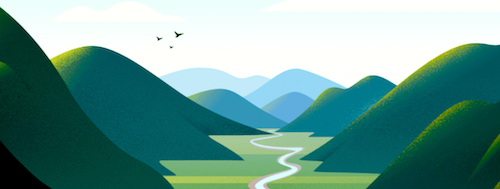
Bill McKibben on what the coronavirus pandemic means for the climate crisis
“Our big problem, coming out of the pandemic, is going to be the tens of millions of people without work around the world. And if you start thinking about what jobs are required in the next few years that could sop up that kind of labor, the only real answer is the very difficult but doable task of converting our energy system from fossil fuel to something else.”
*
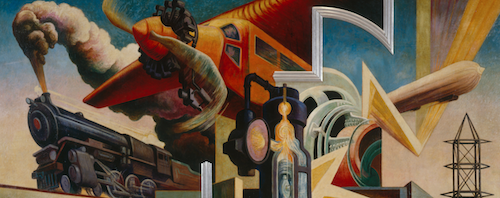
Noam Chomsky on the history of the left and its response to crisis
“Take a look at the political system. Decide if there is a meaningful choice. If there is, take a couple minutes and go into the voting booth and vote against the worst guy.”
*
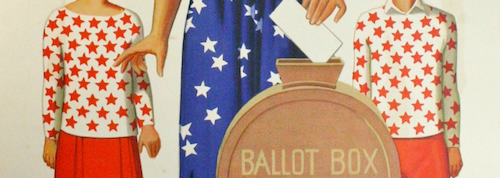
Ari Berman on how to treat voting as a public health issue
“Treat our elections as a public health issue, not a red versus blue one. Let’s listen to the CDC, whose top recommendations for voting in a pandemic are voting by mail and early voting.”
*
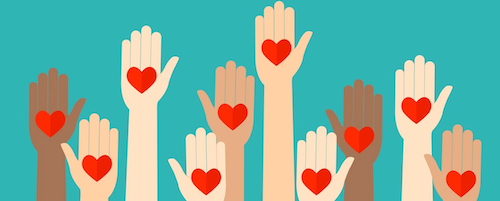
Ai-jen Poo on creating policies that protect care workers
“I think [the next step is] a public investment in care jobs becoming really good jobs. … The second would be to figure out a public program, maybe that we’re all contributing to and that we could all benefit from, that helps us afford childcare and long-term care and paid family leave.”
*
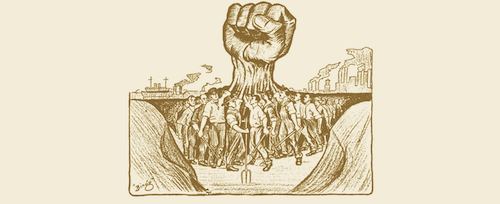
Madeline ffitch on what anarchism shows us about caring for each other
“As the pandemic becomes a political pawn, disaster is equated with opportunity. There’s something sordid in this equation. A tragedy doubles as a chance to win votes. In contrast to this is the ethic of practical collective care and mutual aid.”
*
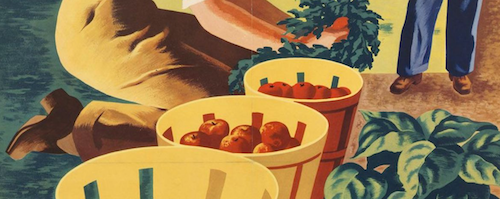
Karen Washington on a renewed movement to grow food in cities
“Start growing food. That’s number one. Number two, think about supporting your local farmers at farmers markets.”
*
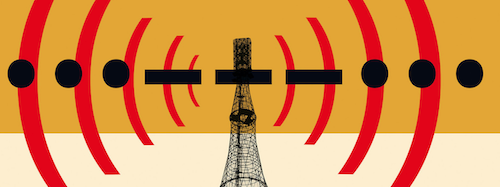
Julian Noisecat on how progressive messaging can adapt to the pandemic
“Amidst the coronavirus pandemic, it may be wise for America’s liberal party to talk about the resilience of people and communities in the face of upheaval and tragedy.”
*
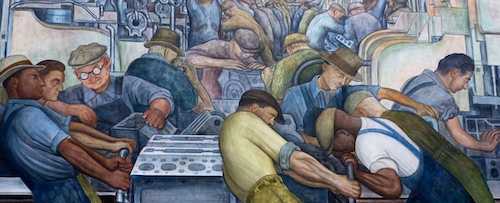
Elizabeth Catte on mutual aid as a form of resistance to power
“Mutual aid can be a form of resistance, but the practice itself requires discipline. … The discipline comes from knowing that if we survive, there will one day be more of us than them.”
*
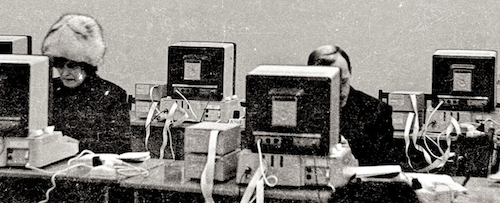
Andrew Keen on employing media and technology to protect truth
“The post-2020 challenge is building a new media to protect truth.”
*
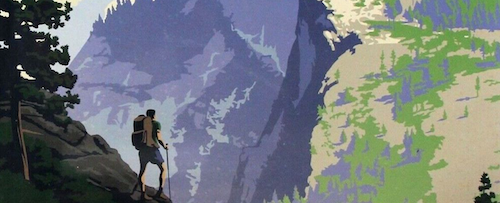
Casey Schwartz on relearning to pay attention
“I would like to make a case for the return of attention. Old fashioned attention, the kind involving deliberate, conscious choice.”












